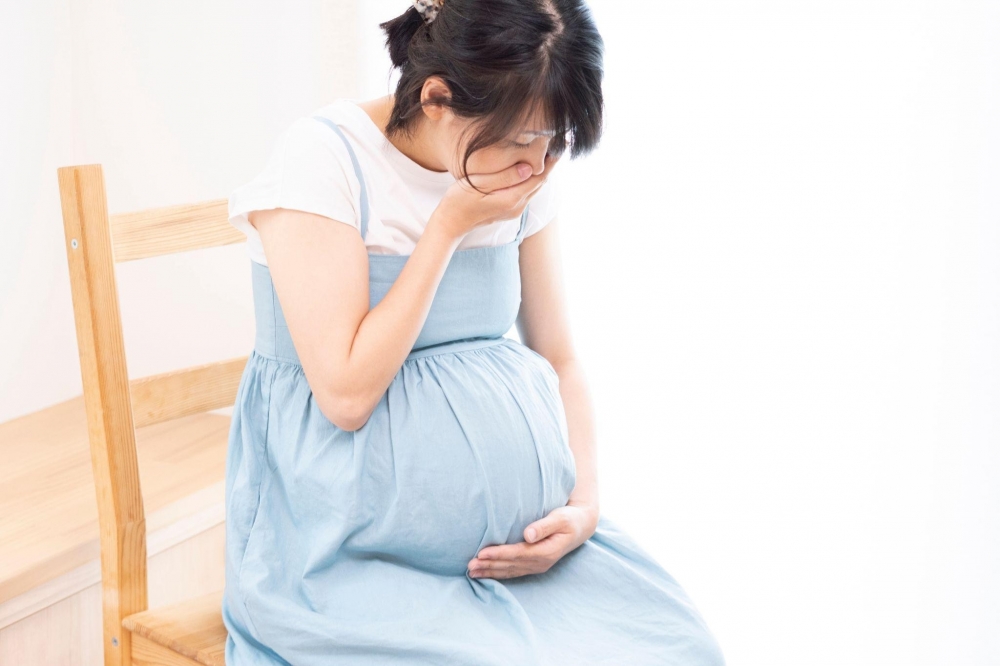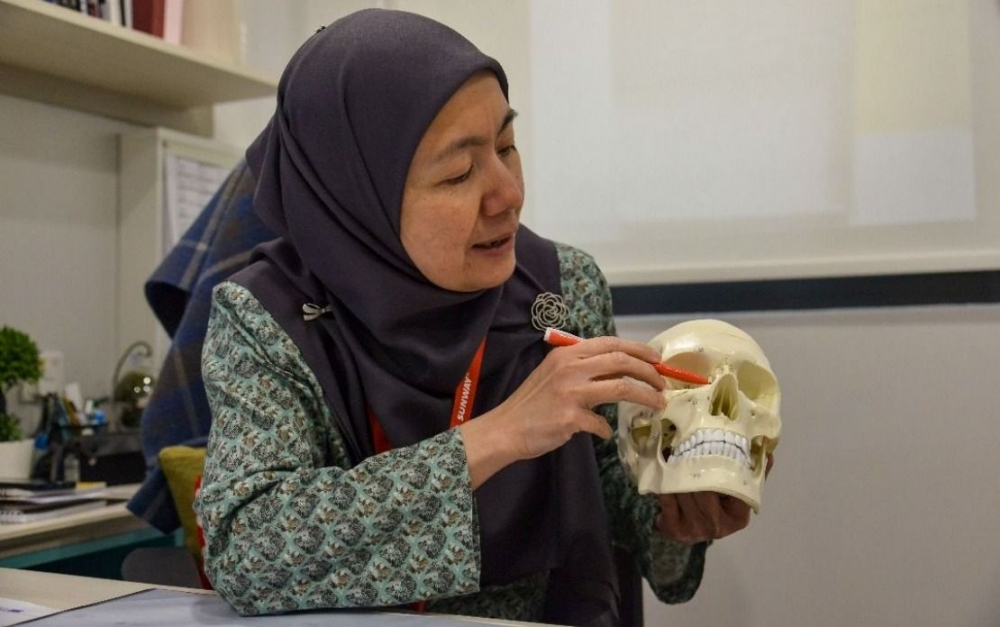Can Pneumonia Be Cured? What Every Patient Should Know
When a cough lingers longer than expected, turns painful, or is accompanied by fever and breathlessness, many begin to wonder, could this be something more serious? For some, the answer may be pneumonia. And for patients, the next big question is: Can it be cured? Let’s understand more with Dr Nurul, Consultant Respiratory Medicine Physician at Sunway Medical Centre Velocity.
What Exactly Is Pneumonia?
Pneumonia is an infection that causes inflammation in the air sacs of one or both lungs. These air sacs may fill with fluid or pus, leading to symptoms such as cough with phlegm, fever, chills, and difficulty breathing. While it can affect anyone, pneumonia is especially concerning for older adults, young children, and individuals with weakened immune systems.
The good news is that pneumonia is often treatable, especially when caught early. Most cases respond well to antibiotics, rest, and supportive care. But in some situations, such as when pneumonia becomes severe or leads to complications, hospital care may be necessary.
What Causes It?
Pneumonia isn’t caused by one single thing. It can stem from bacteria, viruses, or even fungi. The most common cause in adults is bacterial pneumonia, particularly a strain known as Streptococcus pneumoniae. Viral pneumonia, including that caused by influenza or COVID-19, is also common and can sometimes lead to bacterial complications.
Understanding the cause is key because it determines the right treatment. Bacterial infections are treated with antibiotics, while viral infections are typically managed with rest, hydration, and antiviral medications (if needed).
How Do You Know If It’s Pneumonia?
Pneumonia can be sneaky. It sometimes mimics a common cold or flu at first, but it tends to worsen rather than improve. Symptoms to look out for include:
- Persistent cough, often with thick or coloured phlegm
- High fever and chills
- Shortness of breath or rapid breathing
- Chest pain that worsens when breathing or coughing
- Fatigue and weakness
In elderly individuals, symptoms might be subtler, such as confusion or low body temperature. If you suspect pneumonia, especially if you’re part of a higher-risk group, it’s important to see a doctor promptly.
Is Pneumonia Curable?
In most cases, pneumonia can be cured with timely and appropriate treatment. For bacterial pneumonia, a full course of antibiotics is often all it takes. Symptoms usually begin to improve within a few days, although complete recovery can take weeks, depending on the severity and your overall health.
Even viral pneumonia often resolves with proper care and monitoring, though it may take longer to recover fully. The key is early diagnosis and treatment before complications like lung abscess, respiratory failure, or sepsis occur.
For high-risk patients, especially those with chronic conditions or reduced immunity, doctors may recommend hospital admission to ensure oxygen support, intravenous medication, or closer observation.
What About Long-Term Effects?
Most people recover completely from pneumonia, especially if they are otherwise healthy. But for some, particularly the elderly or those with underlying lung conditions, pneumonia can have longer-term effects, such as reduced lung capacity or repeated infections.
This is why follow-up care is important to monitor lung recovery and prevent recurrence. It also highlights the importance of vaccination (like the pneumococcal and flu vaccines), which can significantly reduce your risk.
Take Charge of Your Lung Health
If you’ve recently recovered from pneumonia or want to reduce your risk, there are simple steps you can take to strengthen your lungs and immune system:
- Stay up to date with vaccinations (flu, COVID-19, pneumococcal)
- Avoid smoking and secondhand smoke
- Manage chronic conditions such as asthma, diabetes, or heart disease
- Maintain good hygiene — frequent handwashing, mask-wearing if unwell
- Stay active and eat a nutritious diet to boost immunity
Don’t Wait to Get Checked
Pneumonia is treatable, but early action makes all the difference. If you’re experiencing persistent cough, fever, or breathing difficulty, don’t brush it off as a stubborn flu.
Make an appointment with our Consultant Respiratory Physicians at Sunway Medical Centre Velocity for expert evaluation and personalised care.
Already thinking about a check-up? Explore our Health Screening Packages, including lung health assessments and X-rays , to keep your respiratory system in check.
Final Takeaway
Pneumonia can be cured. But it depends on how early you catch it, how well you care for your body, and whether you follow through with treatment. Listen to your body. Take your symptoms seriously. And most importantly, don’t delay seeking care.
Because when it comes to your lungs, every breath counts.
Click here to explore Sunway Medical Centre Velocity Heart & Lung Centre to learn more about the services we offer for heart and lung health, including respiratory assessments, lung function tests, and personalised care by our team of Respiratory Medicine specialists.
这篇文章对您有帮助吗?
有4 位用户在 4 位中觉得这很有帮助。
Suggest to Read











